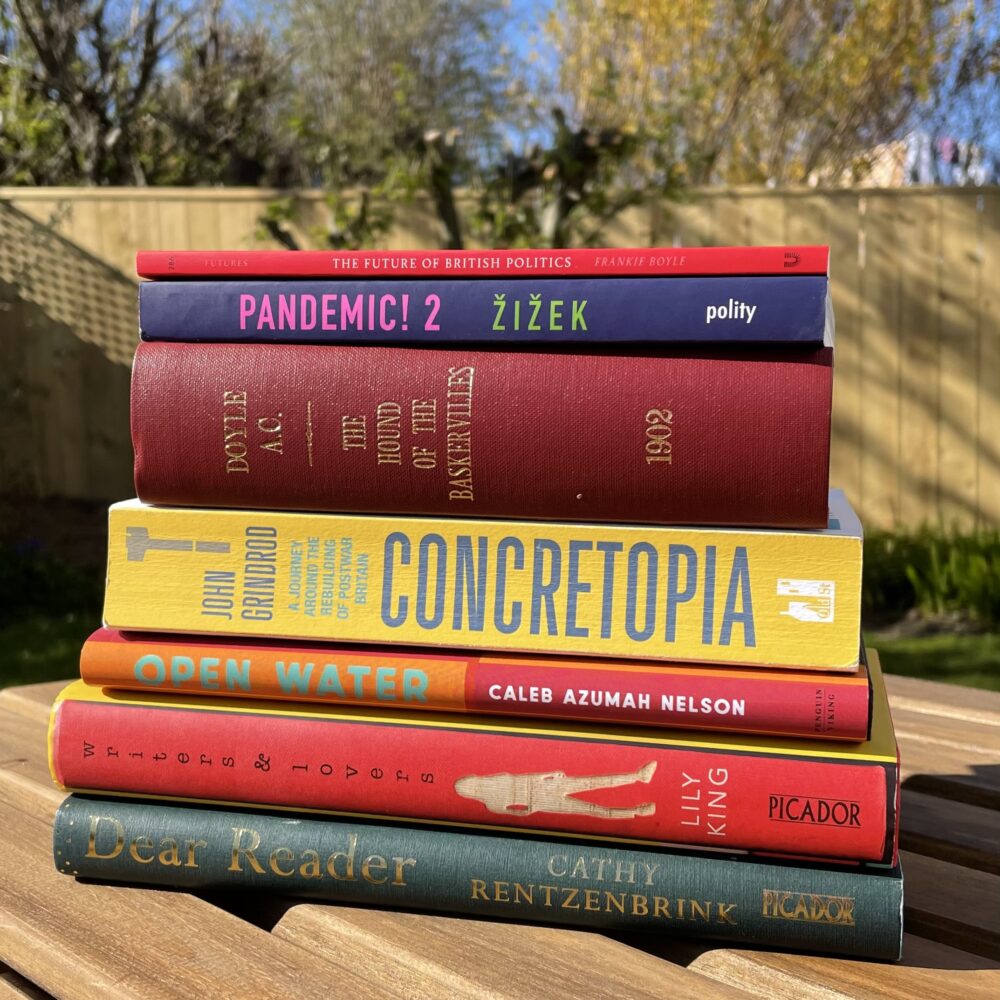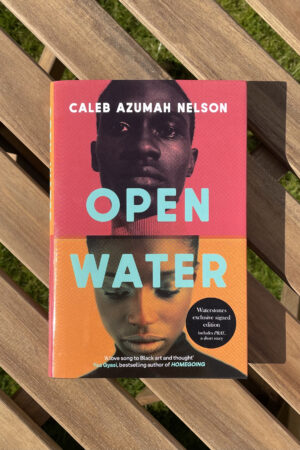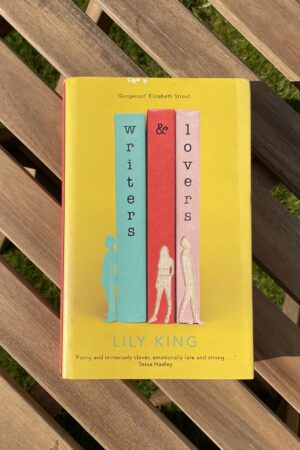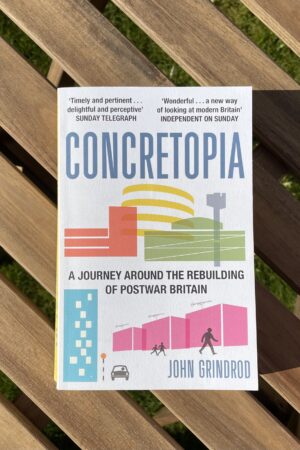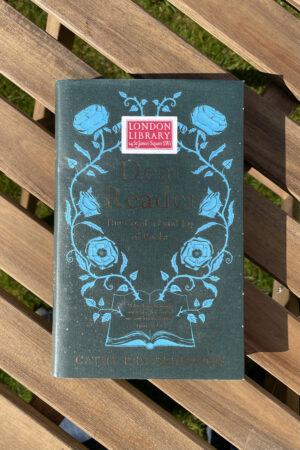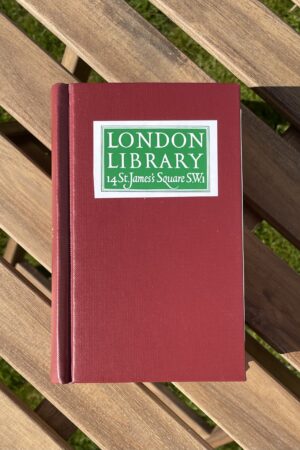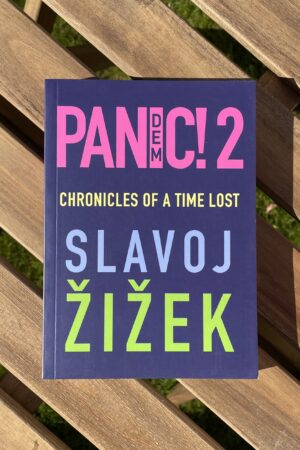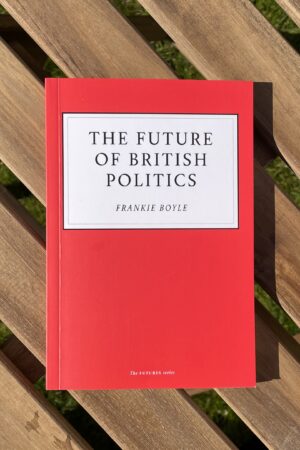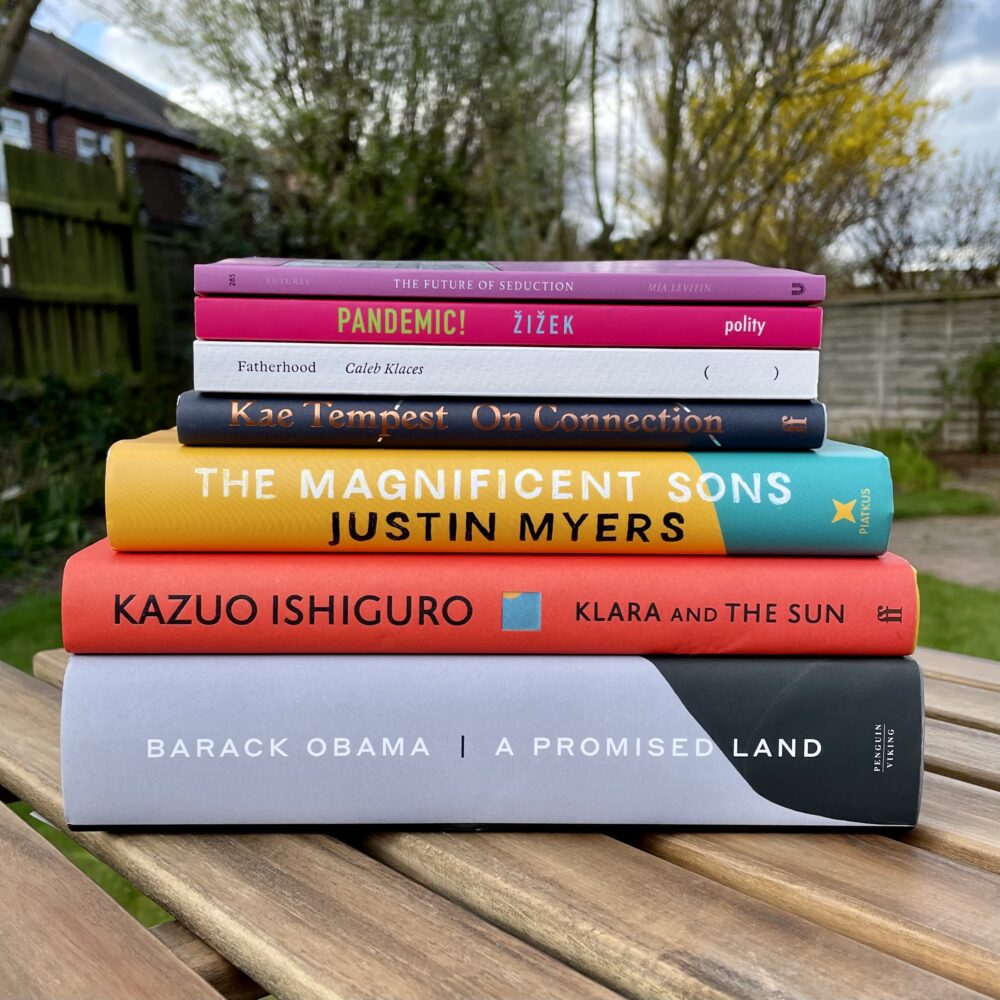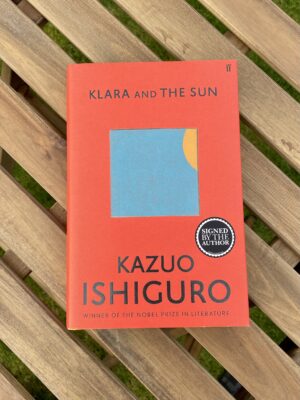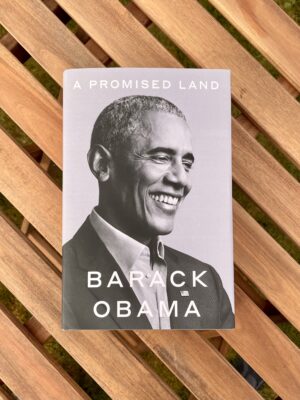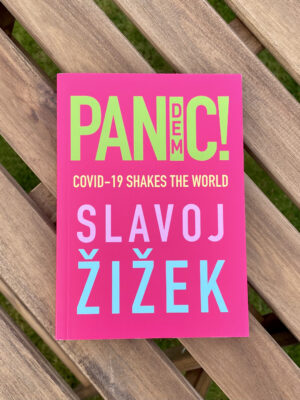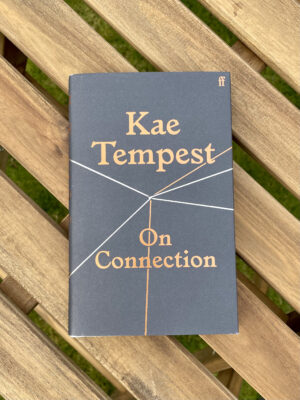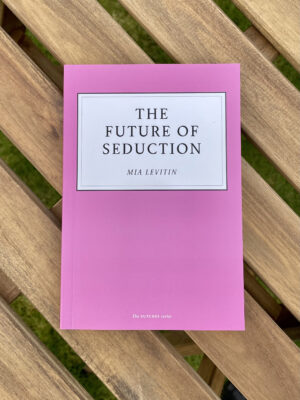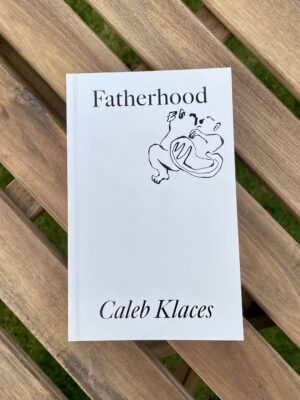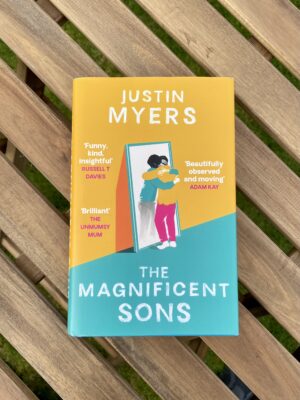The wisdom of looking foolish

Readwise reminded me yesterday of this passage from Pandemic 2 by Slavoj Žižek:
Here is how Brenden Dilley, an Arizona chat-show host, explained why he doesn’t wear a mask: ‘Better to be dead than a dork. Yes, I mean that literally. I’d rather die than look like an idiot right now.’ Dilley refuses to wear a mask since, for him, wearing one is incompatible with human dignity at its most basic level.
When I read this in 2021, I focused on the ‘mask’ aspect—and, indeed, that’s what Žižek highlighted. But rereading this quotation in isolation, I was struck by the fragility of ego necessary to think, ‘I’d rather die than look like an idiot’.
Willingness to risk appearing idiotic is essential for personal development. Admitting ignorance is the first step to gaining knowledge. Risking embarrassment is the first step to expanding horizons. Being uncomfortable is a prerequisite for growth.
But more than that, it’s the only way to get through the day. Yesterday, I took my car for its MOT. Of course, if my ego were fragile, I could have nodded and pretended to understand when the mechanic explained something well beyond my ken. I might have looked like I knew the first thing about cars, but I wouldn’t have known what was happening. But life goes much more smoothly with a quick, ‘I’m sorry, I don’t follow,’ or ‘Just to check that I’m understanding,’ or ‘So, what do I need to do now?’
I just can’t imagine thinking that I’d rather die than have other people think I’m an idiot: it’s a sentiment only an idiot could express.
The image at the top of this post was generated by DALL·E 3.
This post was filed under: Post-a-day 2023, Brenden Dilley, Slavoj Žižek.
